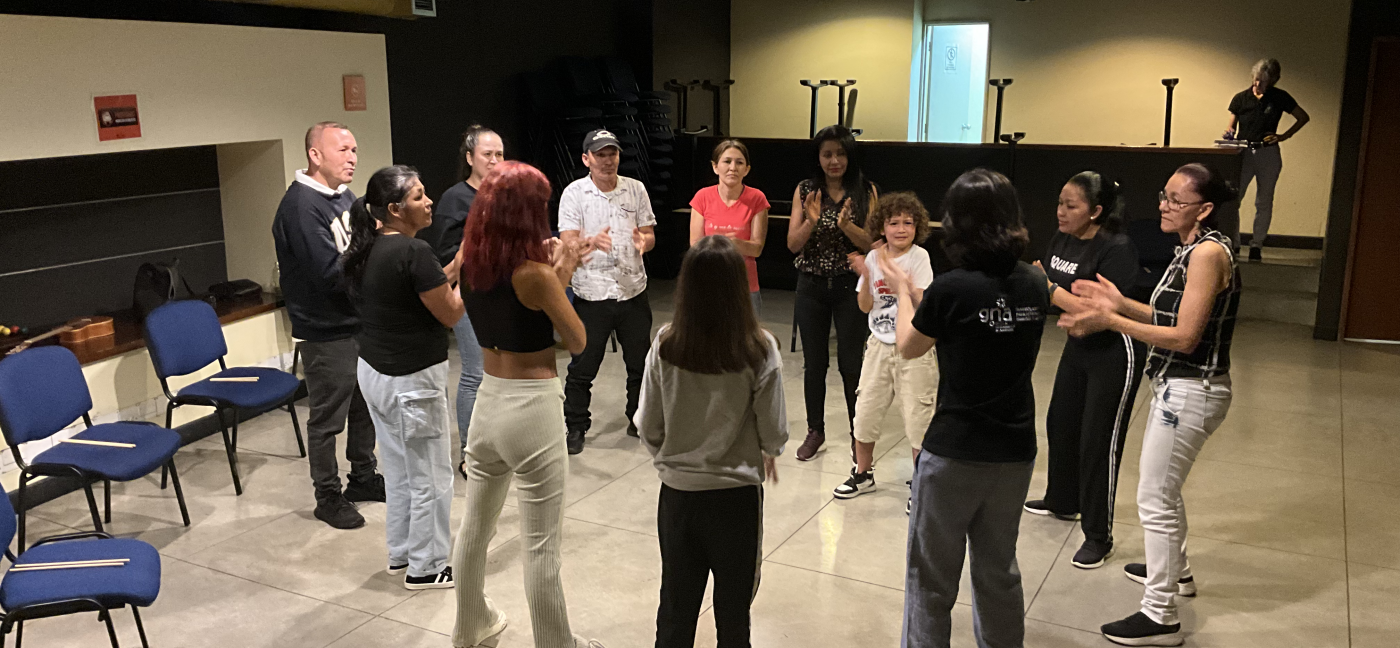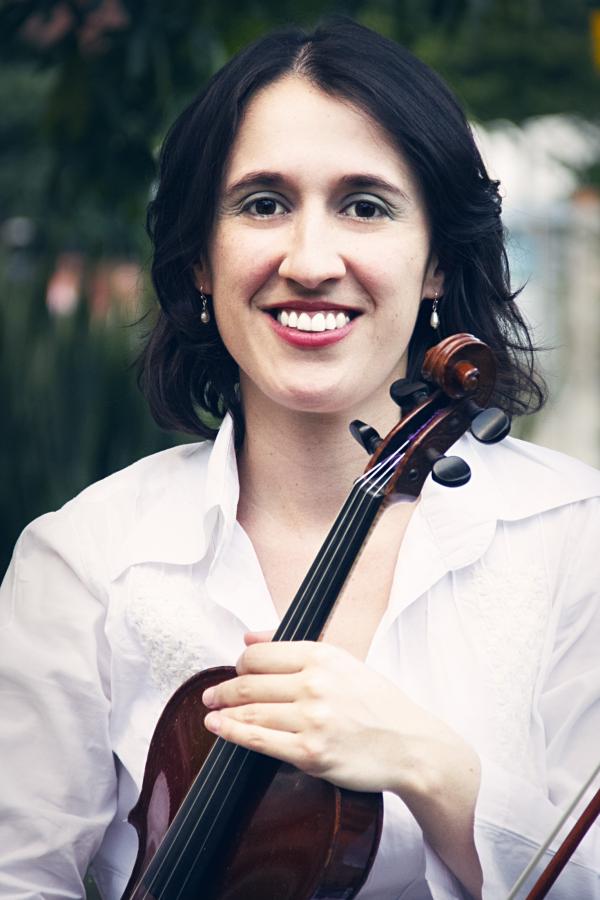Overview
Colombia has the biggest group of people living with early-onset Autosomal Dominant Alzheimer Disease (ADAD). The emotional burden of a hereditary disease is hard to measure, but it is a reality that affects not only the person with ADAD but the community around them. For a big part of them, it is also about suffering from Colombia’s high levels of economic inequities and social injustice. The disease and lack of opportunities creates family conflicts and triggers isolation. Several studies have confirmed that art can improve quality of life and strengthen bonds through social interaction.
Project Details
This project aims to promote wellbeing in families with familial Alzheimer Disease in Colombia through Music and Movement. We will have two main activities with respective goals and results.
First, to create, develop, and implement an intergenerational Music and Movement program for families with early onset ADAD, seeking to integrate the family by creating a space to share quality time and improve relationships. We will have a final performance open to other members of the families and the public to showcase the results of the artistic interventions. To create a successful project with a heterogeneous population, it is important to select an approach suitable to the particularities of the group. The Orff-Schulwerk (OS), is a multifaceted and person-centered approach for Music and Movement that invites participants to express musically with their bodies in interaction with other people; promotes collaborative work and has a strong emphasis on creative expression. This project provides an opportunity for partakers to share and communicate with others through art; it could improve self-esteem; alleviate anxiety thanks to social interaction; and strengthen relationships.
Second, we will create a video that documents the workshops with the aim of raising awareness, reducing stigma, promoting optimism about ADAD and to find future funding for art interventions. When working with a community, we must focus on the process to recognize their challenges and accomplishments. Every session will be recorded and testimonies of the participants will be taken. Stories of the participants will be highlighted to share how the program impacted their lives and family relationships. It will be distributed among organizations focused on dementia and brain health. By getting support and collaborating with institutions that advocate for dementia, we can reach more people and increase impact.





